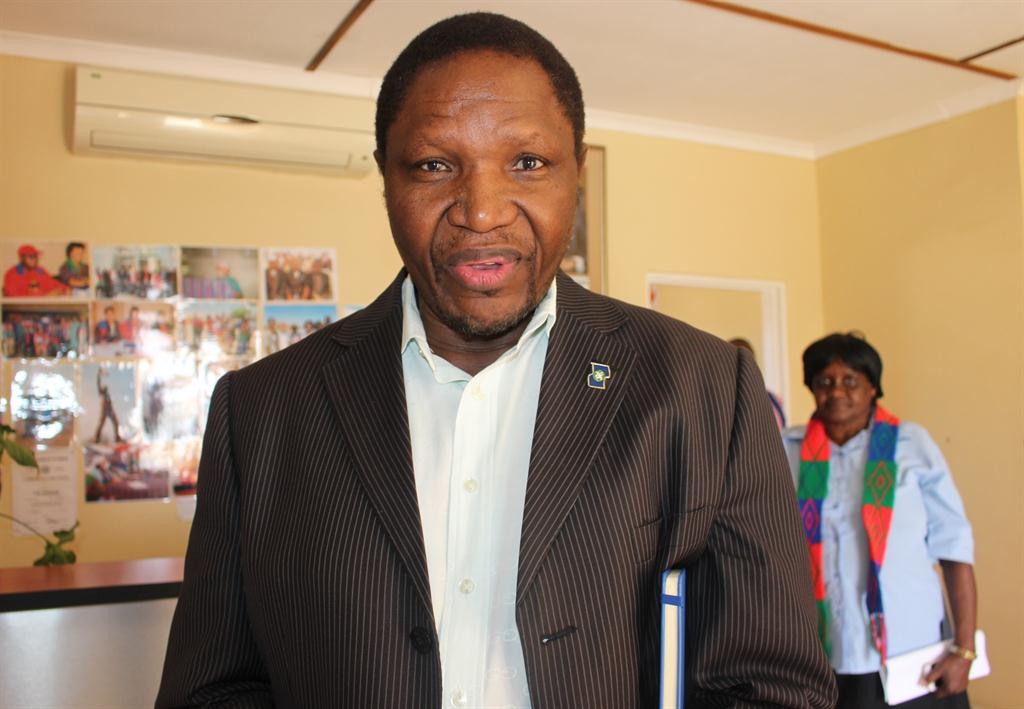The parliament debated the financial intelligence modification bill and the civil registration and identity law on Tuesday and Wednesday.
In addition, several amendments, motions and notices of questions were introduced in the National Assembly (NA).
POLICE ACT
It is important that Namibia prioritises the amendments to the Police Act of 1990 by 30 June, deputy minister of home affairs, immigration, safety and security Daniel Kashikola said. The police amendment bill was the fifth of five amendments and bills introduced in the NA on Tuesday, as the legislature rushes to adopt important bills to avoid being greylisted by the Finance Action Task Force (FATF). According to Kashikola, the measures in the bill intend to empower the police inspector general to share information gathered during investigations into money laundering and related predicate offences, as well as the financing of terrorism, with foreign law enforcement.
MEAT INDUSTRY
Minister of agriculture, water and land reform Calle Schlettwein has tabled amendments to the Meat Industry Act of 1981, which, among others, proposes the renaming of the Meat Board of Namibia to the Livestock and Livestock Products Board of Namibia. Schlettwein said this is “in resonance with the expanded mandate which extends from meat products to livestock and livestock products, including poultry and related products.” Upon promulgation, the Meat Industry Act will be expanded and renamed the Livestock and Livestock Products Act. This legislative change implies the repeal of the Control of the Import and Export of Dairy Products and Dairy Product Substitutes Act of 1986.
UNEXPLAINED WEALTH
Minister of justice Yvonne Dausab has introduced an amendment bill in parliament that would allow unexplained wealth orders. The measures in the prevention of organised crime amendment bill will compel individuals to explain their source of wealth, Dausab said in parliament on Tuesday. The minister said the bill will also make provision for the creation of the offence of money laundering, as well as the prevention of the smuggling of migrants into Namibia, and of the illicit trafficking of stolen goods. According to the minister, the legislation will broaden the scope of law-enforcement officials by empowering the police to search any property where there is a reasonable suspicion of a crime.
INVESTIGATE NAMCOR
The inability of the Swapo-led government to effectively tackle corruption and crime within its ranks is increasingly turning Namibia into a mafia state, where the government and some officials are connected to criminal economic activities, according to Popular Democratic Movement leader McHenry Venaani.
“It has become increasingly apparent that high-level politicians, often occupying the highest offices in the land, are potentially linked to insidious criminal networks,” he said, while proposing a motion in parliament calling for an investigation into the alleged power struggle and malfeasance at the National Petroleum Corporation of Namibia (Namcor).
“The revelations and discoveries emanating from Namcor over the past three weeks have been shocking, to say the least. The National Petroleum Corporation of Namibia has been plunged into a state of impropriety,” Venaani said. – Compiled by Andreas Thomas
Stay informed with The Namibian – your source for credible journalism. Get in-depth reporting and opinions for
only N$85 a month. Invest in journalism, invest in democracy –
Subscribe Now!










